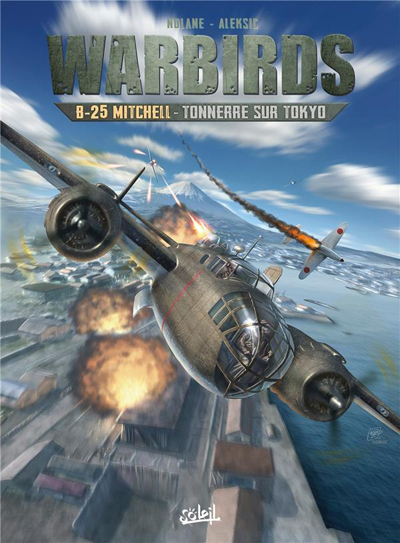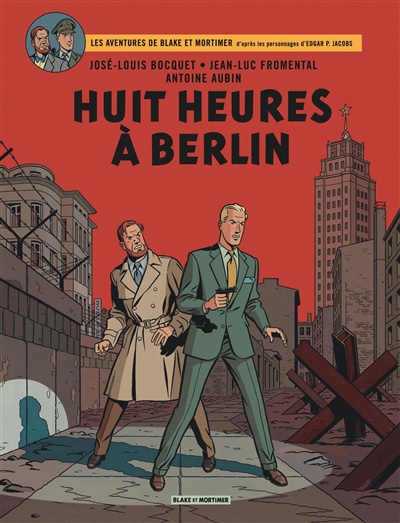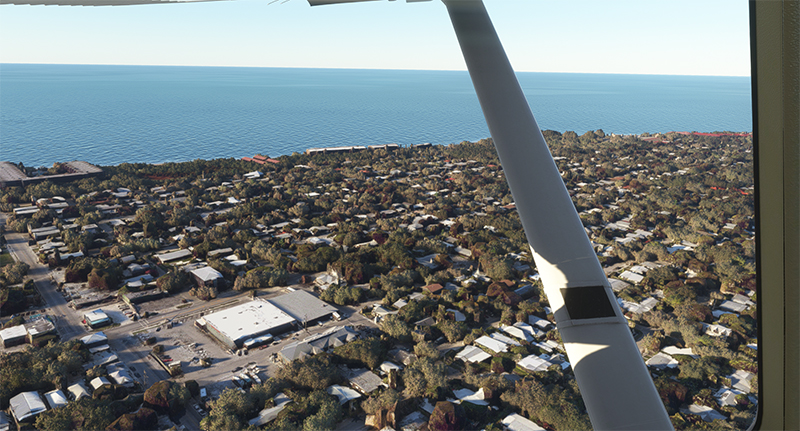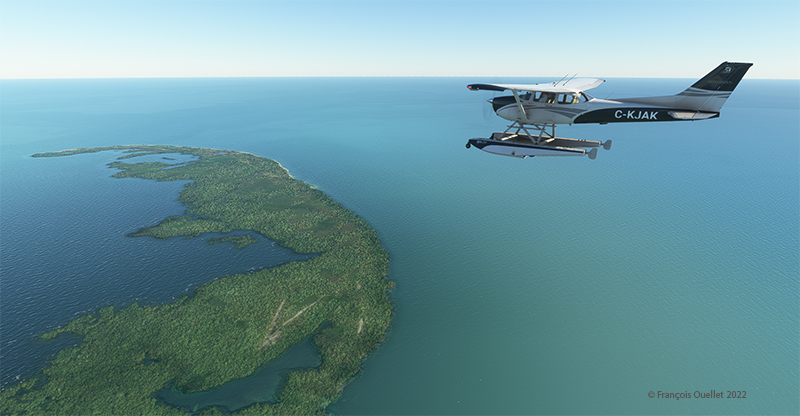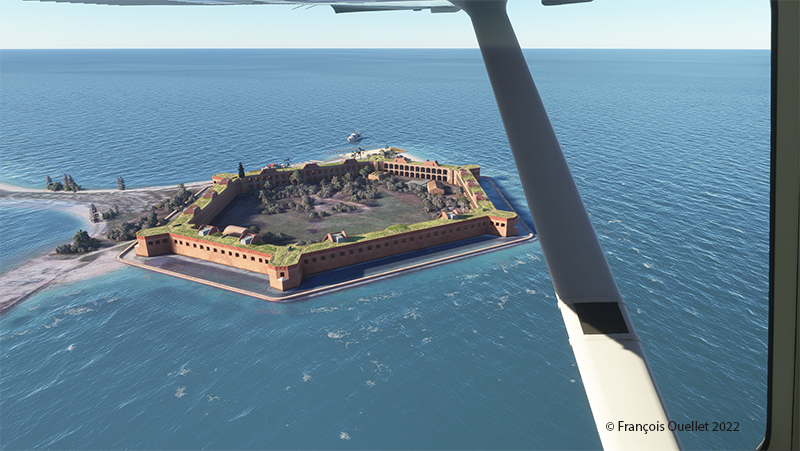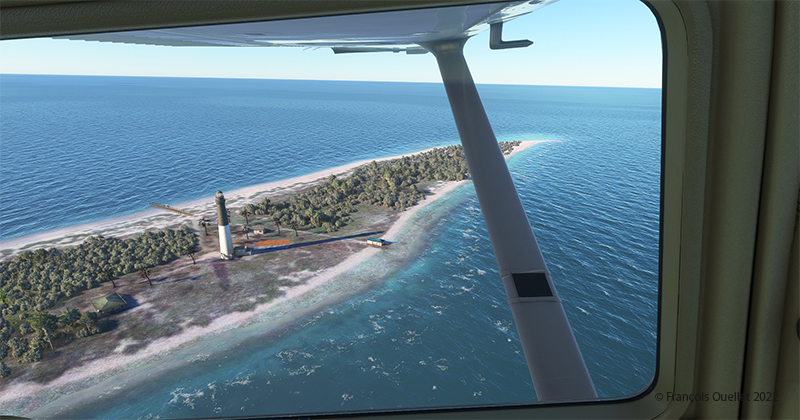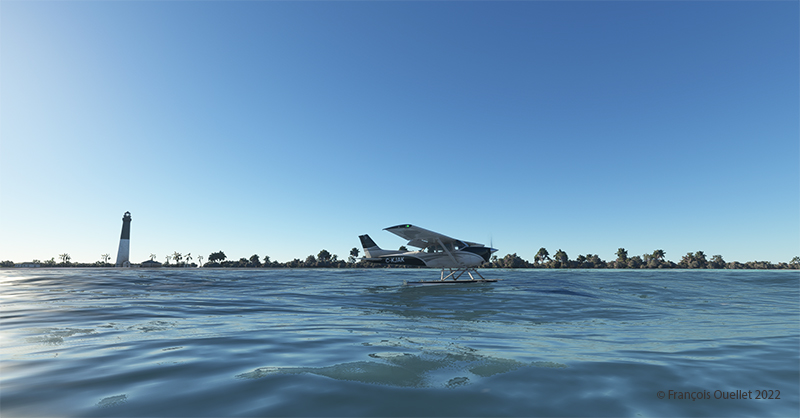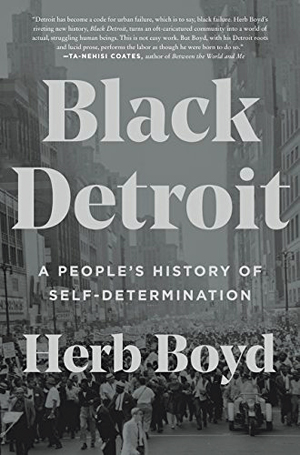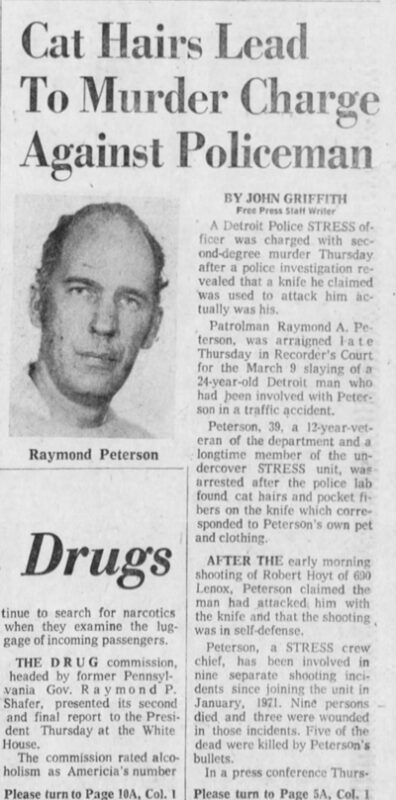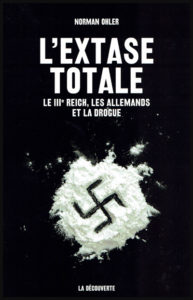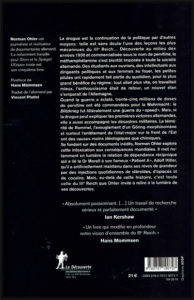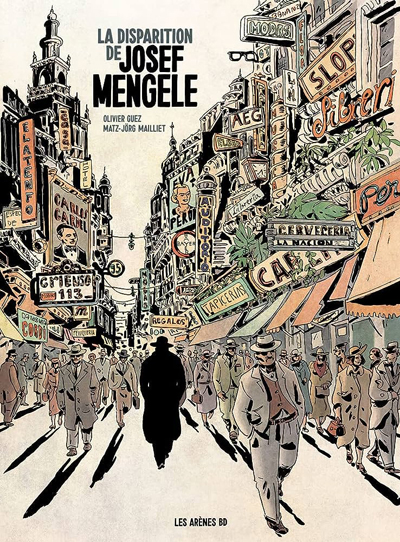
This new graphic novel is based on the non-fiction novel “The Disappearance of Josef Mengele” which was translated into 25 languages.
The graphic novel “La disparition de Josef Mengele” is a wonderful surprise for me, both in terms of the scenario and the graphics. Anyone interested in true stories will devour this book as it represents a goldmine of astonishing information on the life, or rather the survival, of the Nazi criminal in Latin America.
Who provides him with the money he needs? How does he protect himself? Does he lead the existence of a pasha? How does he behave abroad? Does his thinking on race show any sign of evolution, or is it still sclerotic? Why does Argentina encourage the arrival of these fugitive assassins?
For the general public, there are two categories of National Socialist criminals: the first concerns the names that received most media coverage at the Nuremberg Tribunal. The second involves Nazi criminals who fled abroad, thanks to political or family support. Josef Mengele belongs to both groups. He is holed up in Latin America and knows that several organizations are seriously looking for him, including Mossad.
How does he remain roaming for so long? It soon becomes clear that the Mossad is not only concentrating on Nazi criminals on the run. The book introduces us to some other priorities for the agency, one of which is very urgent: the elimination of former German scientists working in Egypt to create radioactive waste weapons designed to destroy Israel. The secret services must choose between Mengele, a past threat, or a more immediate danger. With limited resources, they have to adjust and deal with the most pressing situation.
Nazis were integrated into the new German government.
There is, however, a third category that the public has heard very little about, and which is also discussed in the graphic novel: these are Nazis who rejoined the new German government a few years after the end of the Second World War.
Indeed, the Allied powers of the time – the USA, Great Britain, France and the Soviet Union – administered the occupation zones of the German territory after the Second World War. But tensions between East and West grew rapidly. Each side accused the other of imperialist or communist expansionism.
To offer a better-organized resistance to the Soviet Union, Germany’s autonomy had to be quickly restored. The former Nazis had experience of governance that was immediately available.
If the Allies adopted the clear-cut position of preventing the Nazis from attaining essential functions in the public apparatus of the future Bonn Republic, then people with little or no knowledge had to be trained to carry out the more complex tasks. Time was short, as was the will to bring all possible war criminals to justice.
So, many Nazis found work in government agencies. One thing led to another, and some of these former Nazis recycled as government agents became part of the inner circle protecting the most prominent war criminals who had fled abroad. Josef Mengele benefited from this high-level support.
But several additional Germans, also in high places, acted in the opposite direction, striving to flush out the biggest criminals, at the risk of their own health and safety. One such person is introduced in the book: Fritz Bauer. This man contacted Mossad with information that eventually help to capture Adolf Eichmann. The latter went on trial in Israel and sentenced to hanging.
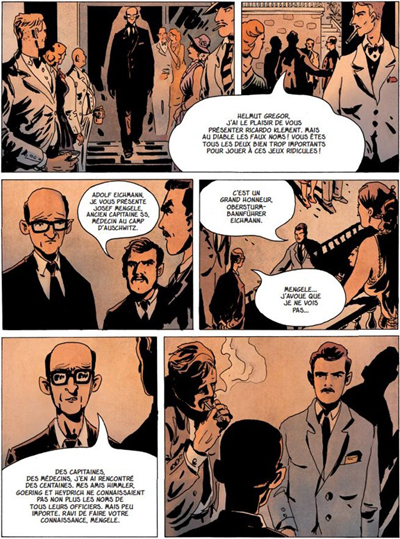
Mengele reads the newspapers and suspects that his end will resemble that of Eichmann. The graphic novel shows him as a hunted animal, talking to himself. His racist, backward-looking words drive away the individuals who could support him most in the last years of his life. He withered slowly and died on a beach in Brazil. But it was not officially known until 1985.
The book covers a period of several decades. It features a brief summary of Mengele’s actions as a doctor at Auschwitz. He is not alone, even if he remains very high-profile to the general public. A large number of scientific assistants carried out experiments on humans, including one who became rector of the University of Münster after the end of the Second World War.
The authors mention in passing the idea of a Fourth Reich pursued by Mengele and his ilk. In short, readers won’t get bored with this skilfully constructed graphic novel.
Click on the link for other graphic novels and comics on my blog.
Title: La disparition de Josef Mengele
Authors: Olivier Guez and Matz-Jörg Mailliet
Edition : Les Arènes, Paris, 2022
ISBN : 979-10-375-0714-3


